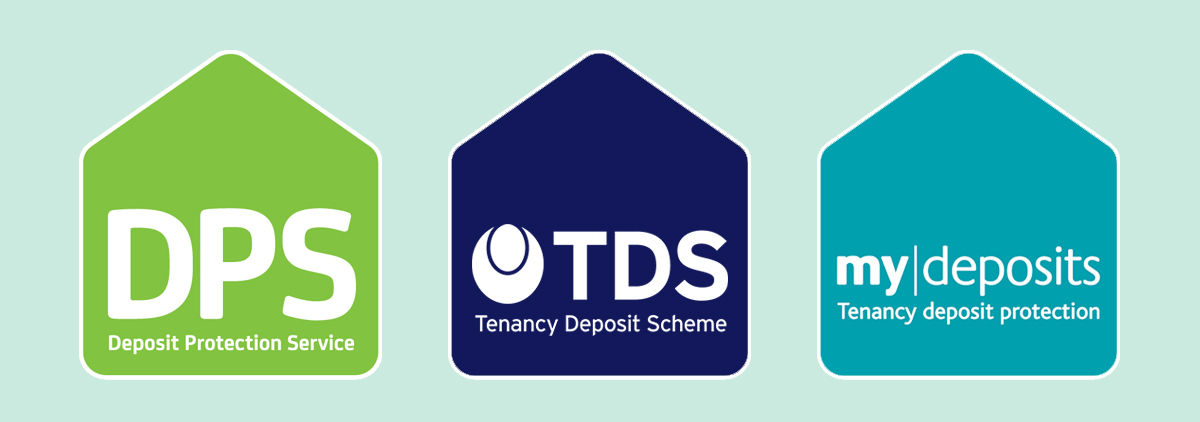
Confused?
Not sure where or if your landlord has complied with the tenancy deposit legislation and secured your deposit into a protection scheme?
Ok, I got this, follow me, let’s find out…
Firstly, to clarify: your landlord has a legal obligation to comply with the tenancy deposit legislation, which means the following:
- If you have paid a deposit, your landlord must secure it with 1 of 3 government-backed tenancy deposit schemes with in 30 days of receiving it.
- Your landlord or agent must serve you with prescribed information. This includes details about the scheme used to protect the deposit, instructions about disputes and key contact information. Your landlord or agent should provide you with this information with in 30 days of paying your deposit.
How do I check if my tenancy deposit has been secured?
If you’ve misplaced the information or can’t remember if your landlord served you the information in the first place (both of which would be totally understandable, considering the abundance of paperwork which is now required), you have the following options…
- Option 1 – contact your landlord or letting agent directly and ask where the deposit has been secured.
- Option 2 – in England & Wales, there are currently 3 government-backed tenancy deposit schemes:
Assuming you are in either in England or Wales, you can contact them directly and find out if your deposit is secured.
- Option 3 – use the tool created by Shelter, which you can find here.
If you’re none the wiser even after following the steps above, there is a good chance your landlord/agent hasn’t protected your deposit. Unfortunately, it’s not an uncommon scenario.
What to do if your landlord hasn’t secured the deposit?
If your landlord has failed to comply with the tenancy legislation, you could take steps to seek compensation, between 1 to 3 times the deposit amount. To make a claim or if you wish to find out more about seeking compensation, you can:
- Get legal advice: you don’t need a solicitor to make a claim but it’s a good idea to get legal advice if you can. You can get free legal advice from your local Citizens Advice.
- Make a direct application to the court for a deposit compensation claim by completing the form N208 from HM Courts and Tribunal Service.
- Use a ‘No win no fee’ deposit recovery service: According to Tenant Angels, they’re “The UK’s Only Tenancy Deposit Claim Specialists”
This is by far the most convenient solution, and seemingly popular and well-received, judging by their TrustPilot profile.
| Supplier | Rating | Notes / Includes | |
|---|---|---|---|
Supplier | Rating TrustPilot Reviews | Notes / Includes
| Book FREE Case Review |
However, before making any major decisions, it might be wise to:
- Have an open discussion with your landlord first, to see if there’s been a misunderstanding, or if your landlord has legitimately failed to secure your deposit and/or provide you with the essential information. If it’s the latter, your landlord might be willing to settle without any legal action. Settlement is almost always the best option.
- Consider if it would be right to seek compensation from your landlord; if he/she has been reasonable and generally a good landlord, it might not be the right thing to do from an ethical standpoint. The better solution might just be to advise your landlord to secure the deposit immediately, and learn for next time.
I’d love to hear your experiences with tenancy deposits (particularly any that involve legal battles and blood), so if you have one, please leave a comment…
Disclaimer: I'm just a landlord blogger; I'm 100% not qualified to give legal or financial advice. I'm a doofus. Any information I share is my unqualified opinion, and should never be construed as professional legal or financial advice. You should definitely get advice from a qualified professional for any legal or financial matters. For more information, please read my full disclaimer.


 Landlord Products / Services
Landlord Products / Services























I've checked on the main 3 websites and my deposit is not registered with a deposit protection scheme (as promised by my landlord). So would that entitle me to just pay the last months rent minus the amount of the deposit to ensure I get it back?